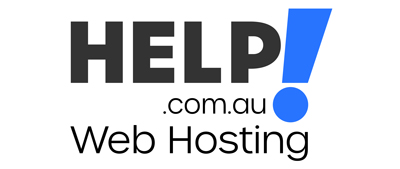neddy
Top Contributor
When buying a domain name, you pay the money (whether directly or some form of escrow); and a simple Change of Registrant process is all that happens.
The domain is then yours. Or is it?
If it is a high value domain, what if the seller has borrowed money against the domain name, and the lender has a fixed / floating charge against all the assets of the company that "owns" the domain name?
I reckon you could be in trouble unless you have a clearance from the lender.
With the advent of the new Personal Property Securities Register (PPSR), you can now check out if there are any liabilities. They have also migrated over all the old "charges" from ASIC.
And a search is so cheap - I did one over the weekend for $3. I reckon that's a small price to pay for peace of mind.
Here is a prime example:
The registrant of Vouchers.com.au is Vouchers.com.au Pty Ltd. A quick check showed me that the N.A.B. has a couple of "security interest's" over all the assets.
So even if you bought the name super cheap, there may be a hidden surprise awaiting you down the track.
Now I'm not a lawyer, but there are possibly a couple of other ramifications out there. e.g.
I'd be interested in what Cooper Mills might think? Or others?
P.S. When you buy a car you should do a check that there is no money owing on it. When you buy a house, the conveyancer does a title search to check on any encumbrances.
Should a high value domain be any different? Food for thought.
The domain is then yours. Or is it?
If it is a high value domain, what if the seller has borrowed money against the domain name, and the lender has a fixed / floating charge against all the assets of the company that "owns" the domain name?
I reckon you could be in trouble unless you have a clearance from the lender.
With the advent of the new Personal Property Securities Register (PPSR), you can now check out if there are any liabilities. They have also migrated over all the old "charges" from ASIC.
And a search is so cheap - I did one over the weekend for $3. I reckon that's a small price to pay for peace of mind.
Here is a prime example:
The registrant of Vouchers.com.au is Vouchers.com.au Pty Ltd. A quick check showed me that the N.A.B. has a couple of "security interest's" over all the assets.
So even if you bought the name super cheap, there may be a hidden surprise awaiting you down the track.
Now I'm not a lawyer, but there are possibly a couple of other ramifications out there. e.g.
- What if the seller sells a high value domain through an aftermarket platform or forum marketplace? COR goes through - and then lender makes a claim. Any potential liability to the "marketplace owners"?
- What if a domain "drops" and good money is paid for it - and there is a liability owing? I imagine a lender would do everything to try and recover the name once they found out?
I'd be interested in what Cooper Mills might think? Or others?
P.S. When you buy a car you should do a check that there is no money owing on it. When you buy a house, the conveyancer does a title search to check on any encumbrances.
Should a high value domain be any different? Food for thought.






